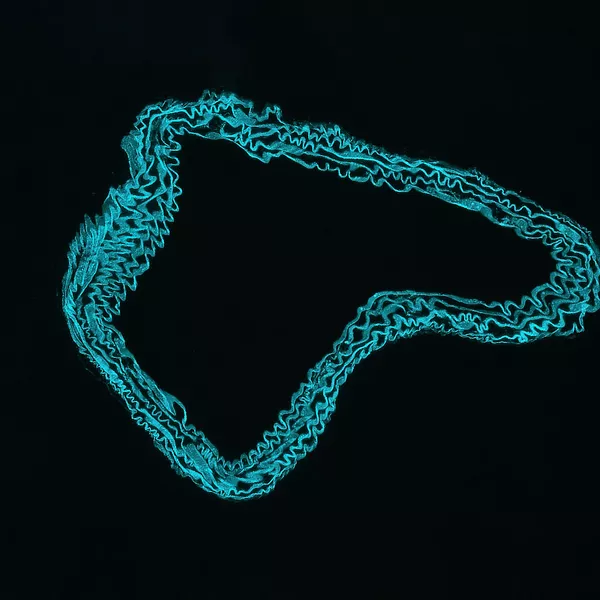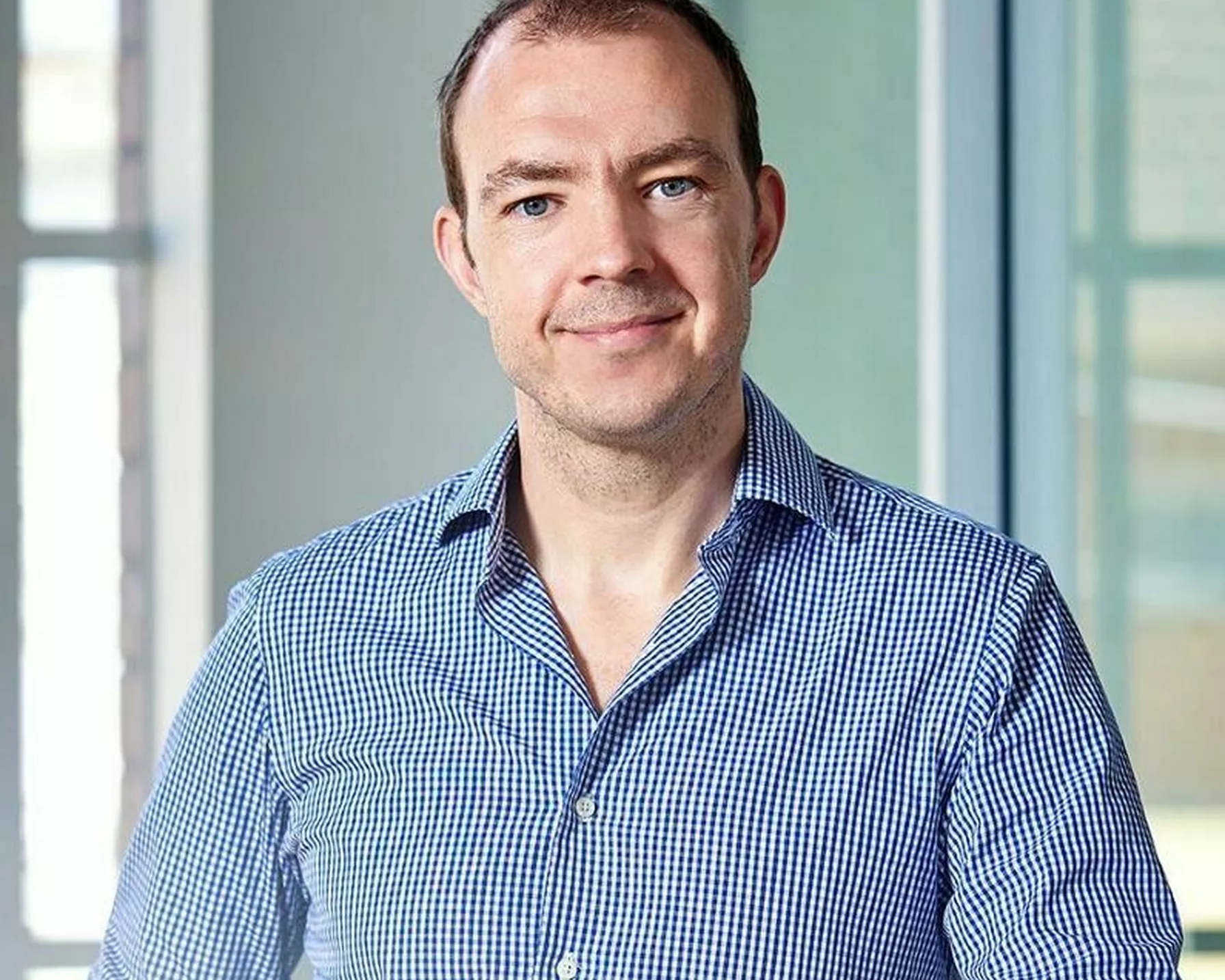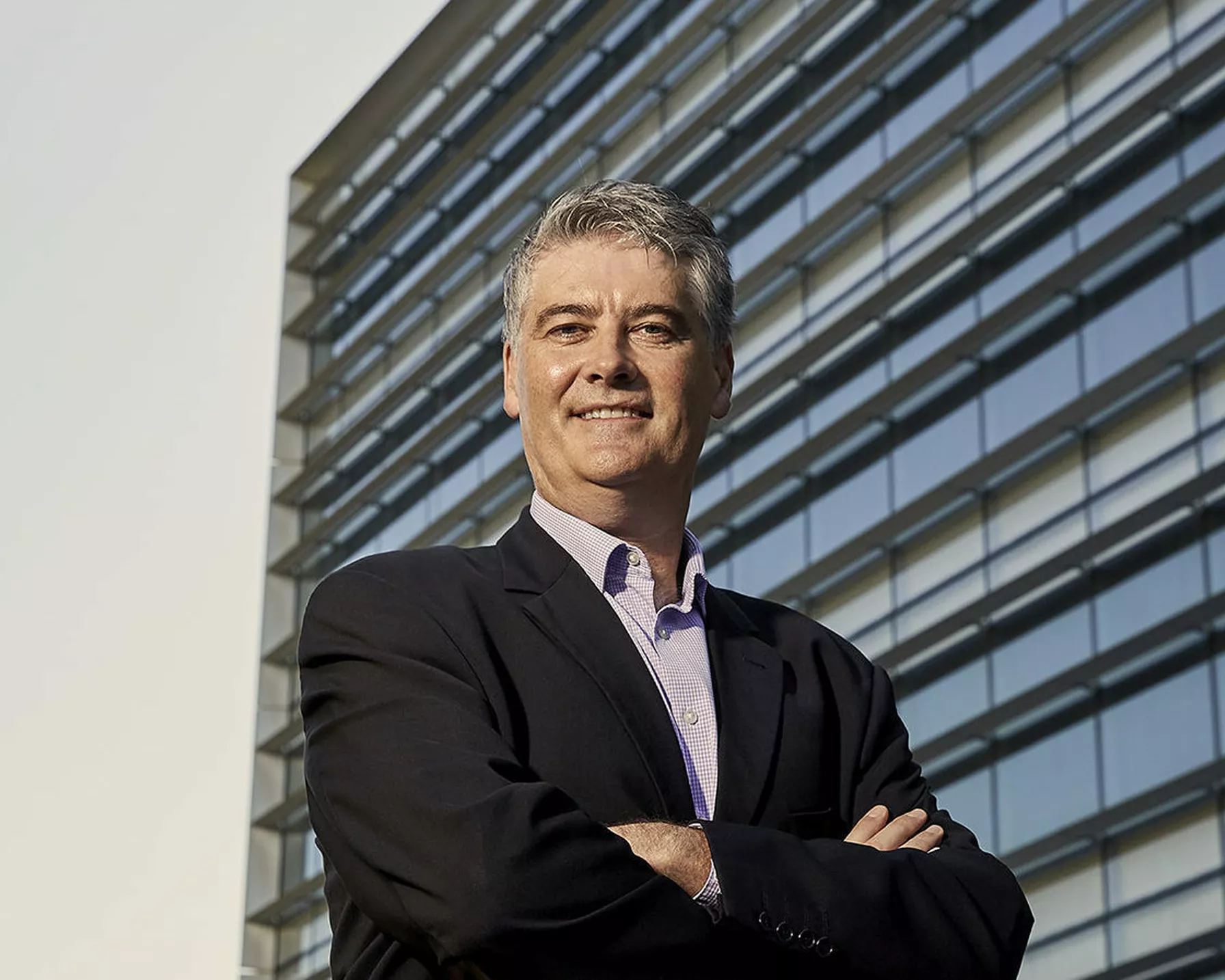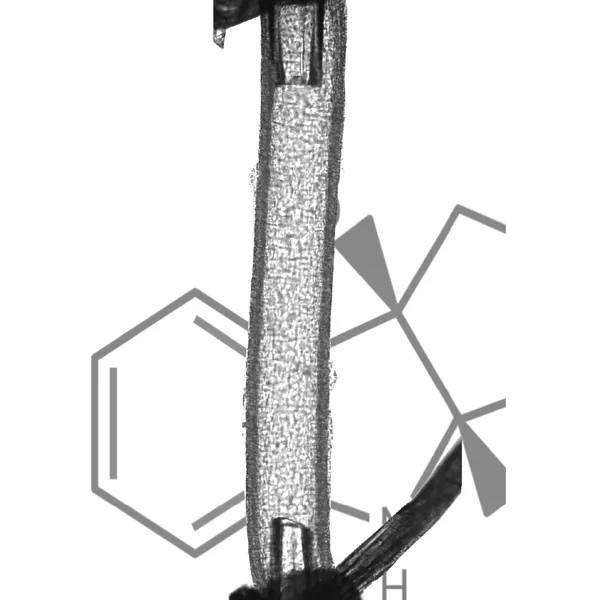
The Minister for Health and Aged Care, Mark Butler, announced $268 million to support 232 projects funded through the NHMRC Ideas Grant scheme. Researchers and their teams will also share in over $379 million of funding through NHMRC’s largest funding scheme — Investigator Grants.
Now in its fifth year, the Ideas Grant Scheme supports groundbreaking health and medical research projects across Australia aimed at delivering better treatments, diagnosis and care.
According to NHMRC CEO Professor Steve Wesselingh, the Ideas scheme supports innovative research that contributes to the health of all Australians.
“The scheme provides opportunities for researchers at every career stage to translate their ideas, whether it be formed in the laboratory, in the clinic or in the community, into deliverable evidence-based outcomes," he said.
“The diversity across researcher career stage, discipline, disease focus and location will support a wide array of new research and answer some of Australia’s burning health and medical questions.”
A full list of grant recipients is available to view here: www.nhmrc.gov.au





